Posts
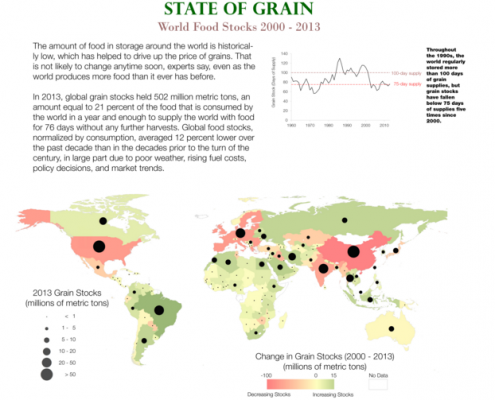
Infographic: World Food Supplies Concentrated in Brazil, China, Europe, India, and United States
0 Comments
/
The amount of food in storage around the world is on the rise, but stocks are still historically low.

Thanksgiving: World Food Entree and Water News On The Side
Sharing the table with a discussion of global grain supplies.
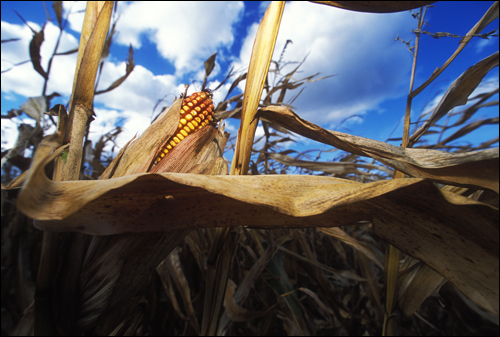
World Food Supplies Recover From Drought and Reach 15-Year High
Water scarcity and extreme weather are two reasons that food prices will stay high, however.
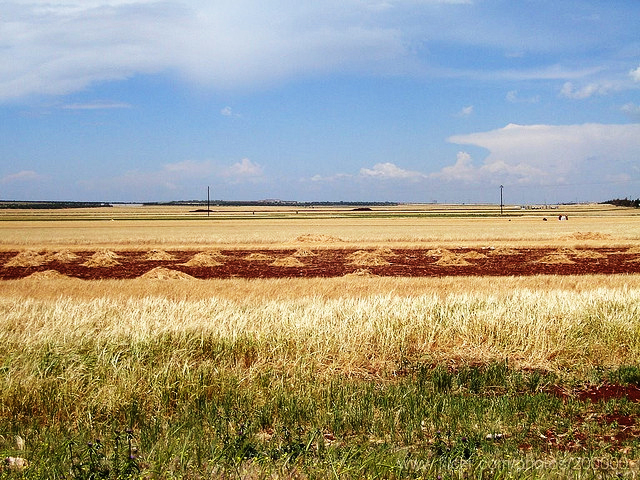
Report: Syria’s Food Security Worsens Due to Drought and Conflict
Food prices set to climb as production of wheat and other staple…

The Stream, February 8: In Texas, Recycling Wastewater for Drinking
Water Supply
Wichita Falls, Texas is moving forward with plans…

The Stream, January 11: Global Food Price Index Falls
U.S. Drought
The Food Price Index for December 2012, released…
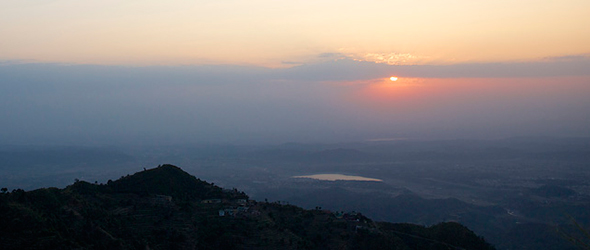
Delhi Dispatch: Rice, Wheat, and Water Serve Up Equal Helpings of Punjab’s Wealth and Risk
Free power, water, fertilizer, and chemicals encourages abuse of resources for world’s number two rice and wheat producer.

The Stream, November 16: Myanmar’s Test from Foreign Investment
Myanmar's forests, river systems, and the wildlife they support…

Along the Eastern Line of China’s South-North Water Transfer Project
Circle of Blue reporter Nadya Ivanova recounts her recent trip to China and updates our coverage of the nation's massive water transfer project.
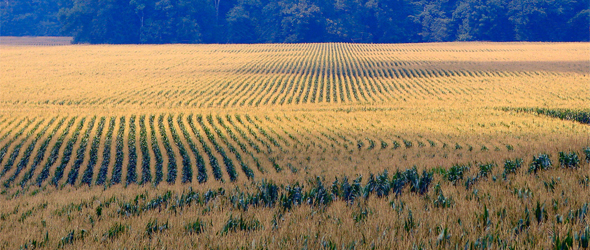
Droughts Hit World’s Agricultural Regions: Without Water, U.S. Corn Crop Faces Setbacks
Droughts have struck food-producing regions in the United States,…
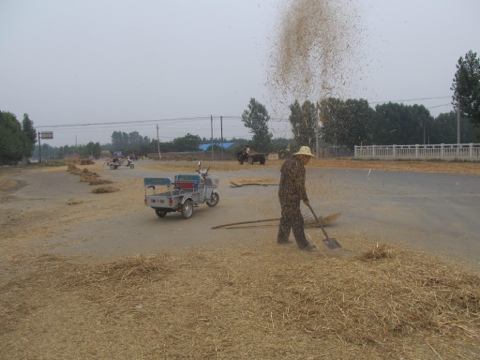
In China, Every Square Meter Counts
Circle of Blue's senior editor wraps up his first of three weeks reporting in the field from China, finding a wealth of promise in fields of golden wheat.

Price Volatility: Food and Water Insecurities Require Deep Pockets
Adding pressure to already strained budgets, the price of food is expected to remain high and quite volatile on the heels of this year's extreme floods and droughts. Though price increases are occurring globally, they are hitting hardest in the developing world.


